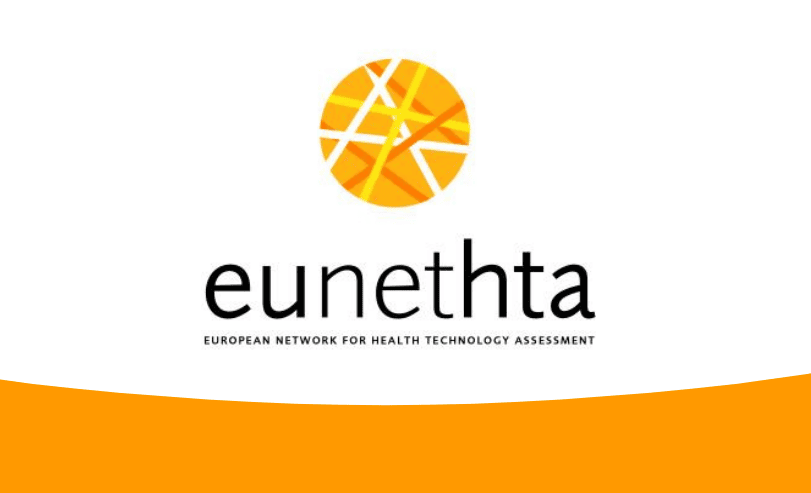
The objective is to produce Joint Clinical Assessments (JCA) for medicinal products and medical devices in order to improve quality, consistency, and national adoption of the JCA. The production process will be standardized. During the production, the methodological convergence paths defined in EUnetHTA JA3 will be tested, including the PICO concept paper and the GRADE framework paper. Additionally, the new methodological guidelines developed by EUnetHTA 21, as well as revised templates and guidelines, will be tested to address challenges identified in EUnetHTA JA3.
Read the draft document here: on the link below
Join the discussion on July 13th, 2023. Register now via Eventbrite at https://www.eventbrite.co.uk/e/eunethta-21-htd-meeting-tickets-647889433737?aff=oddtdtcreator